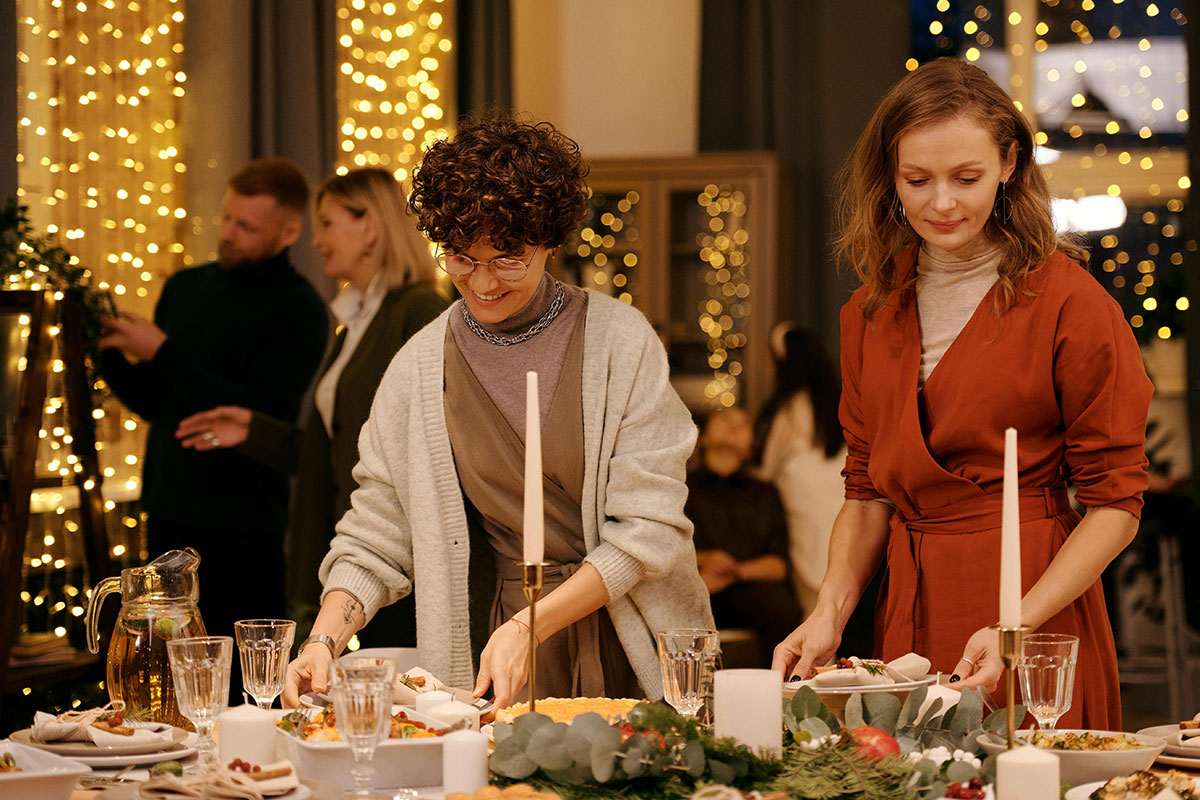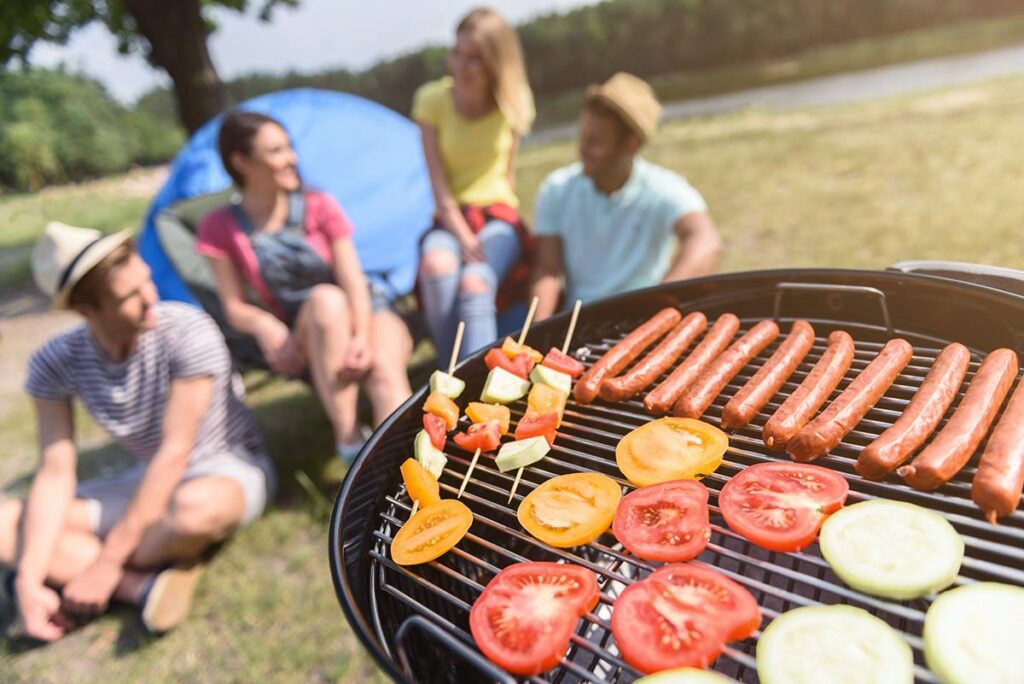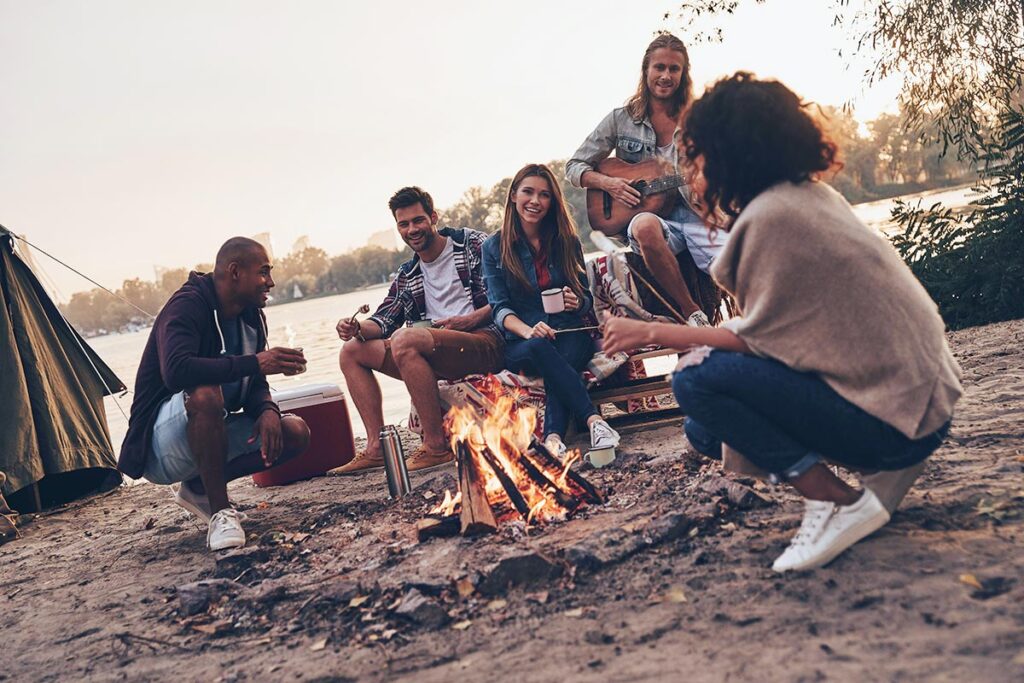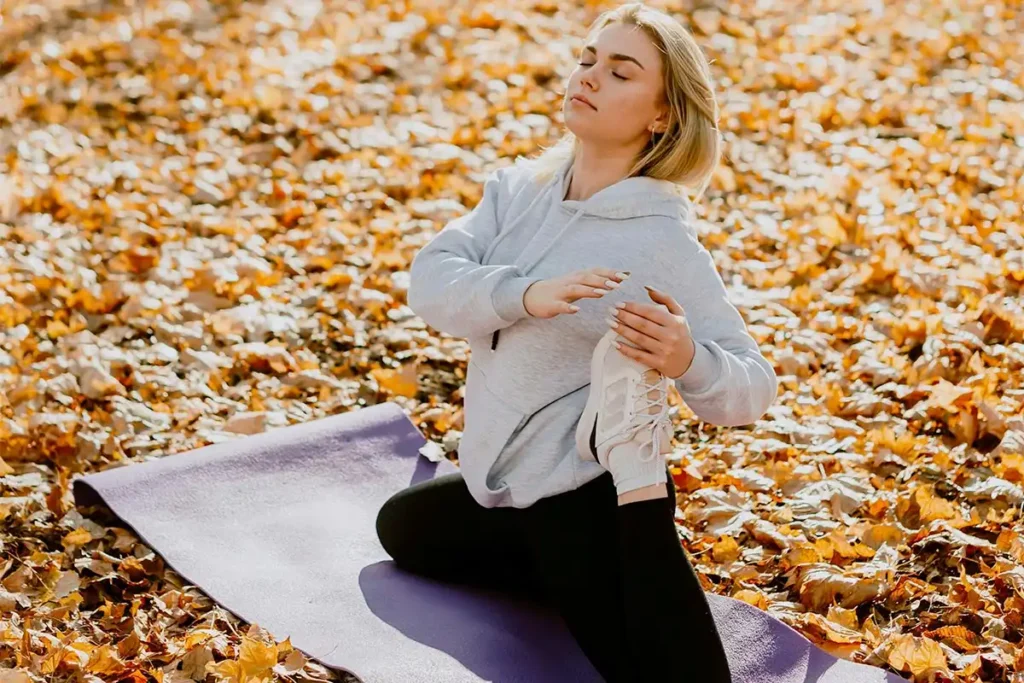It’s November and the holidays are rapidly approaching. Is this your first holiday season in recovery? If so, welcome! I have yet to meet an individual in recovery who doesn’t have some sort of difficult association with the holiday season. For many of us, holidays were a time of shame – perhaps we made fools of ourselves at our uncles Christmas dinner by having too much eggnog [year after year], hijacked a Thanksgiving dinner with our stoned escapades or we just failed to show up at all and were MIA to our families. Maybe the holidays elicit thoughts of memories with family members that we no longer have or we DO have them, but amends have yet to be made and it feels terribly uncomfortable to spend a day together. And sadly, some of us may have no family contact whatsoever or a family which would be unhealthy to our recovery journey. Whatever the case may be, holidays can be a triggering time wrought with emotions and memories. I will share my experience of how I got through the holidays and stayed sober in my early days of recovery and I hope that you can find some comfort and perhaps even guidance in the journey I have already had.
Statistically, the holidays present a greater relapse rate for addicts and alcoholics than any other time of the year. “Rates of relapse are higher over the holiday season. The readmission rate of past patients generally stays consistent at around 25 percent. Over the holiday season (beginning with Thanksgiving), however, this rate jumps to over 60 percent – suggesting an overall increase that concludes sometime after New Year’s Eve.” I was given a great deal of heads up of the challenges the holiday season may bring to my early recovery. My clean date is mid February; this gave me a base for my recovery, having 9 months sober, before Thanksgiving even approached. I was able to hear and apply some suggestions as the season began to creep up: go to a lot of meetings, stay close to people who make you feel safe and don’t push yourself to do anything you are not ready to do. I spent my first Thanksgiving & Christmas at 12-step marathon meetings, this fulfilled the suggestions I had been given. Marathon meetings are held during the major holidays so that addicts have a place to go round the clock, should they need support. Marathon meetings typically start a day before the holiday and run straight through until the day following the holiday. Knowing that I had marathon meetings I could go to, I was able to stick close to other people who I knew were there for the same reason, listen to shares of others and how THEY got through holidays, and stay in my own personal safety net. Most 12-step programs like NA, AA, CA, etc. have these types of meetings over the holidays.
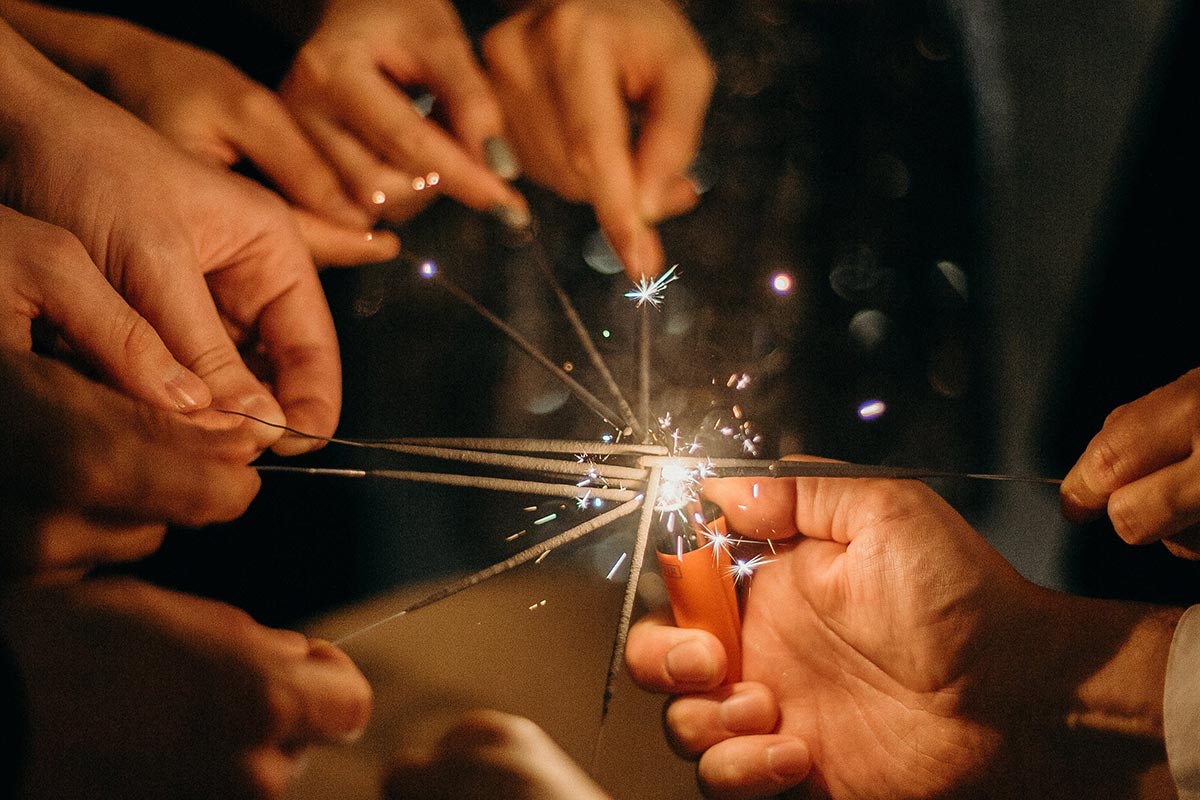
My recovery aftercare program gave me such all encompassing support through the holidays since they were people who could sincerely relate to what I was feeling. However, I am dually blessed to have a biological family who is loving and supportive. Despite being lucky to have family to speak of, most of my trepidation in spending holidays together stemmed from my own personal experience of ruining holidays with them. I held a great deal of shame and guilt and was not ready to face any of it so early on. My birthday is also two days after Christmas, so much of the week of Christmas leading into New Years brings up memories of isolation, degradation and feeling alone. It took me the first couple of years of recovery to actively work through these painful memories before I could face the holidays. The internal work I had to do initially was to just sit through the feelings and not run because of them. After I had these initial go rounds of Thanksgiving through New Years holidays under my belt, I began to feel more confident to begin once again participating with family members.
Seeing people drinking around the holidays or being invited to functions with the purpose of ‘celebrating’ is commonplace. I prepared myself for any situations which were unavoidable that might have created temptation or uncertainty. Being in heavily populated party environments during the holidays came about in early recovery, but I made it my mission to prepare myself and know my boundaries. Stick around long enough to do my duties of socializing and cut out before things get wild. Am I at a work function or family event where others are drinking? Come with my own beverage of choice: some people like Redbull, Starbucks, sparkling water or juice. Most importantly, let my sponsor and other important people know what my plans are and where I’ll be- text them throughout the event if needed, or better yet, BRING THEM if possible.
Lastly, I was able to get my ‘boohoo’ and ‘bah humbug’ attitude to subside by no longer making the holidays all about me. I decided to pour my efforts into what I can do for others. I know what it feels like to suffer on holidays but I also created much of my own circumstances and pain; there are so many out there who have no part in their suffering and deserve to have people step up to bring them joy and togetherness during the holidays. I chose to participate in toy drives, food donations, reaching out to others who had less than I did and fundraise to give back. In fact, I still keep this as a part of my holiday tradition. Getting out of my own head and being able to sincerely show love to others creates a feeling which, in my experience, overpowers the negative feelings that can creep up in me when thinking about holidays.
My process was slow, but it was intentional- I NEEDED to create a solid foundation for my recovery before anything else. I had to work through my immediate feelings, build up a support system and begin to create healthy alternatives for how I would spend my holiday time. My recovery, just like yours, is an individual process and the more we are able to stay true to what our needs are, the better off we will be in the long run – for birthdays, holidays, families, friends, and ourselves.
Stairway Recovery Homes has multiple sober living homes located in Los Angeles, CA. We provide community-based recovery homes for both men’s sober living and women’s sober living. Recovery IS possible!
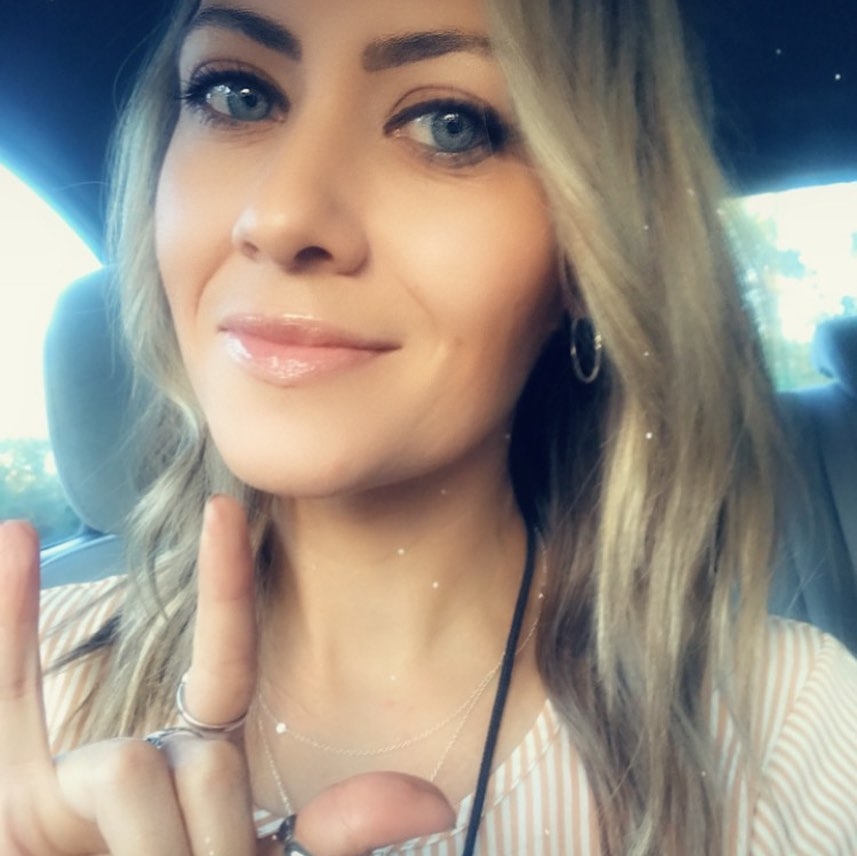
Director of Alumni and Case Management
Heidi has been working in the field of addiction for the past 4 years, has a RADT and moonlights as a blogger and Brainpaint Neurofeedback Technician. If asked, there is nothing in the recovery field that Heidi won’t do to learn more or to be of service to the newcomers.
As alumni and outreach coordinator, Heidi feels she has the unique opportunity to keep continuity in the community- even after people have finished their initial SUD programming.
Events range from seasonal activities, fundraisers, service events and special interest activities.
Heidi is excited to perpetually generate more community cohesiveness, fun & gratitude for others and herself.
